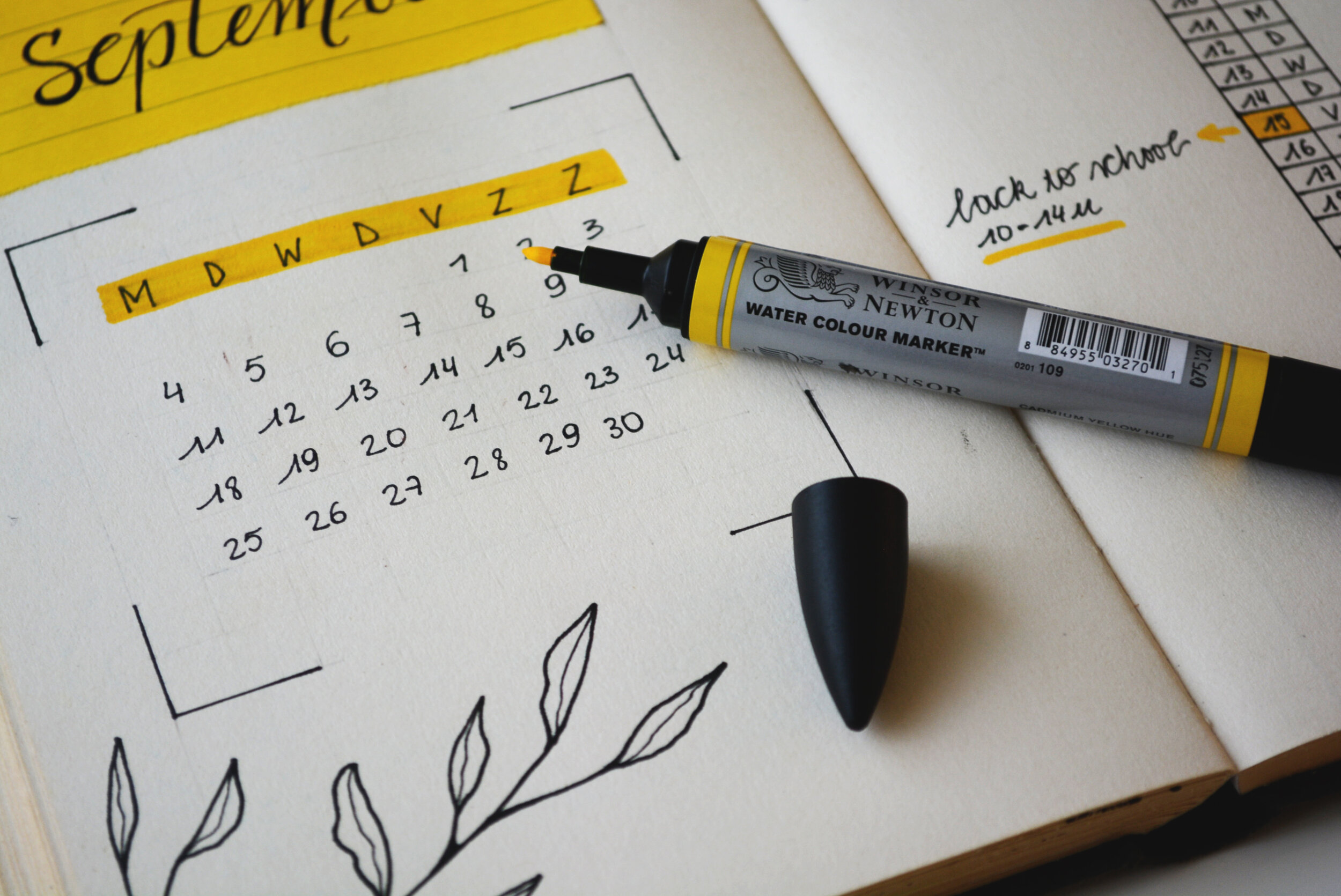When Should I Start Studying for the SAT?
Most students take the SAT for the first time during the spring of their junior year. Those that outperform their peers have one thing in common: smart test prep! Given the importance of a solid preparation strategy, you may be wondering, how early should I start?
The short answer: when you should start will depend on what you are looking to get out of your score.
Know Where You’re Starting
During your sophomore year, you’ll likely have the opportunity to take the PSAT. Once you have that score in hand, you’ll have a decent idea of how you might perform on test day. This will give you a baseline to identify how much you need to improve your score to get to where you want to be. Knowing the amount of points you need to improve will help you determine how many hours of practice you should aim for. Generally, if you are hoping only for an increase of a couple hundred points, you should be putting in about 10 hours of study time for every 50 point increase. So, if you scored a 1200 on the PSAT and hope to get to a 1400 on test day, you’ll need to study for a minimum of about 40 hours. You can, of course, spread this out over the course of a few months—if you have four or five months to prepare, you could set aside two to three hours a week to sharpen your skills.
What Score Do You Need?
Your study plan will have a lot to do with your target score. Highly selective institutions, like Harvard or Columbia, will have higher standards for SAT scores than a state school, which will have higher standards than a community college. Dedicating time to think about the college experience you want to have and the type of school you’d like to attend will help you zero in on that target score. If you do your research and crunch some numbers, you’ll have everything figured out in no time.
Reaching Your Target Score
Once you’ve pinpointed a target score, you can work backwards to make a plan. If you’re aiming high and you didn’t do as well as you might have liked on your practice tests, you’ll have to put in more time to earn those points. If you’re looking to increase your score by 300 or more points, you’ll have to put in at least 150 hours of study time. You’ll want to be sure you have plenty of time before your test to get ready, so planning ahead is crucial!
Once you’ve found your target score and you know your test date, you can easily figure out how many hours a week you should be studying with some basic division. Your weekly commitment will of course depend on how far away your testing date is. If you only have two months to study and you’re hoping for a large jump, you’ll need to dedicate a lot more time per week than if you had seven or eight months to prepare—keep these realities in mind when you begin thinking about the SAT, and you’ll be well on your way to reaching that target score and the college of your dreams!
Ready to start studying? Contact Ariel to learn more about how we can help you reach your SAT score goal!

